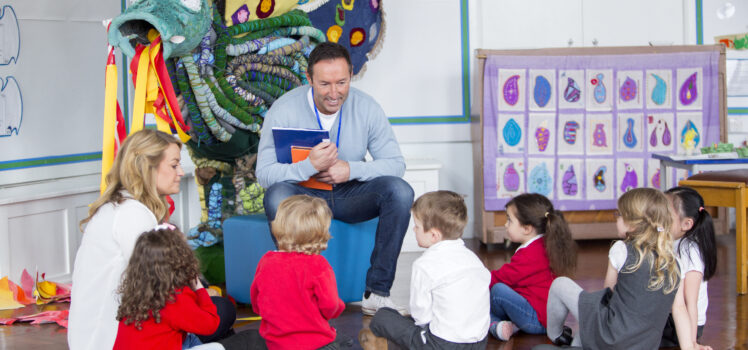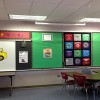What Is Pedagogy?

Peda… what?
Most people are completely unfamiliar with the term pedagogy. You may have never even heard the word before. If that’s the case, you’re probably wondering how to even say it. So, first, it is pronounced PED + UH + GOJ + EE. But the bigger questions are: what is pedagogy? And why is it important?
What is Pedagogy?
Pedagogy is commonly defined as the art or science of teaching. It’s the idea behind the phrase, “you may know math, but that doesn’t mean you know how to teach math.” At the heart of pedagogy is the understanding that it takes something more than just expert content knowledge to be a good teacher. That “something” is pedagogy.
Topics covered by this umbrella term include instructional design and classroom management.
Does Pedagogy Matter?
Yes, for any teacher, strong pedagogical skills are an absolute necessity!
Traditionally trained teachers learn these skills during the student teaching experience. But for American Board trained teachers, pedagogical training looks a bit different. Alternatively, American Board trained teachers do not participate in an unpaid student teaching experience. This is because American Board teachers are not students; they are professionals who receive on-the-job mentoring while transitioning to a full-time career in teaching.
Nevertheless, pedagogical skills are crucial, and all teachers need to have them honed in on day one. And American Board acknowledges this point. So, you ask, how do American Board teachers learn about pedagogy before entering the classroom? Well, actually, pedagogical training makes up half of the required study materials provided through American Board’s teacher certification program.
Pedagogy Training with American Board
American Board’s pedagogy content is categorized in five domains.
- Instructional Design: A teacher must know how to select, organize, plan, and design classroom content.
- Effective Instructional Delivery: A teacher must be able to communicate effectively with students, providing clear and focused instruction. Teachers must understand effective questioning techniques, and how to build students’ study skills.
- Classroom Management and Organization: Teachers must be able to implement efficient classroom routines, set clear standards for classroom conduct, and routinely provide students with feedback. Furthermore, teachers must have the clear expectation that all students are able to learn.
- Assessment: Assessment is a crucial part of the learning experience. Teachers should closely monitor student progress, allowing for differentiated timelines as needed. Different types of assessments serve different purposes in the classroom, and teachers must be familiar with these concepts.
- Professional Learning and Leadership: Teaching is a lifelong journey, with the teacher working to improve his or her craft each year. Throughout their career, teachers should work to learn and grow by joining professional learning communities and seeking professional development opportunities.
Studying pedagogy with American Board culminates with all teacher candidates taking the Professional Teaching Knowledge exam. This final exam is American Board’s way of ensuring that all program graduates understand pedagogy and are prepared to apply it in the classroom.
Of course, American Board encourages its teacher graduates to act as sponges, absorbing as much information as they can. Some additional reading recommended by American Board includes Effective Teaching Methods: Research Based Practice and Teaching in Today’s Inclusive Classroom.
Lastly, it is never too late for you to consider becoming a teacher. Click here to earn more about the effective and efficient training you can receive with American Board.






This is so insightful as a student going into the education field. More people need to be aware of pedagogy!
[…] post What Is Pedagogy? appeared first on American Board […]
[…] post What Is Pedagogy? appeared first on American Board […]